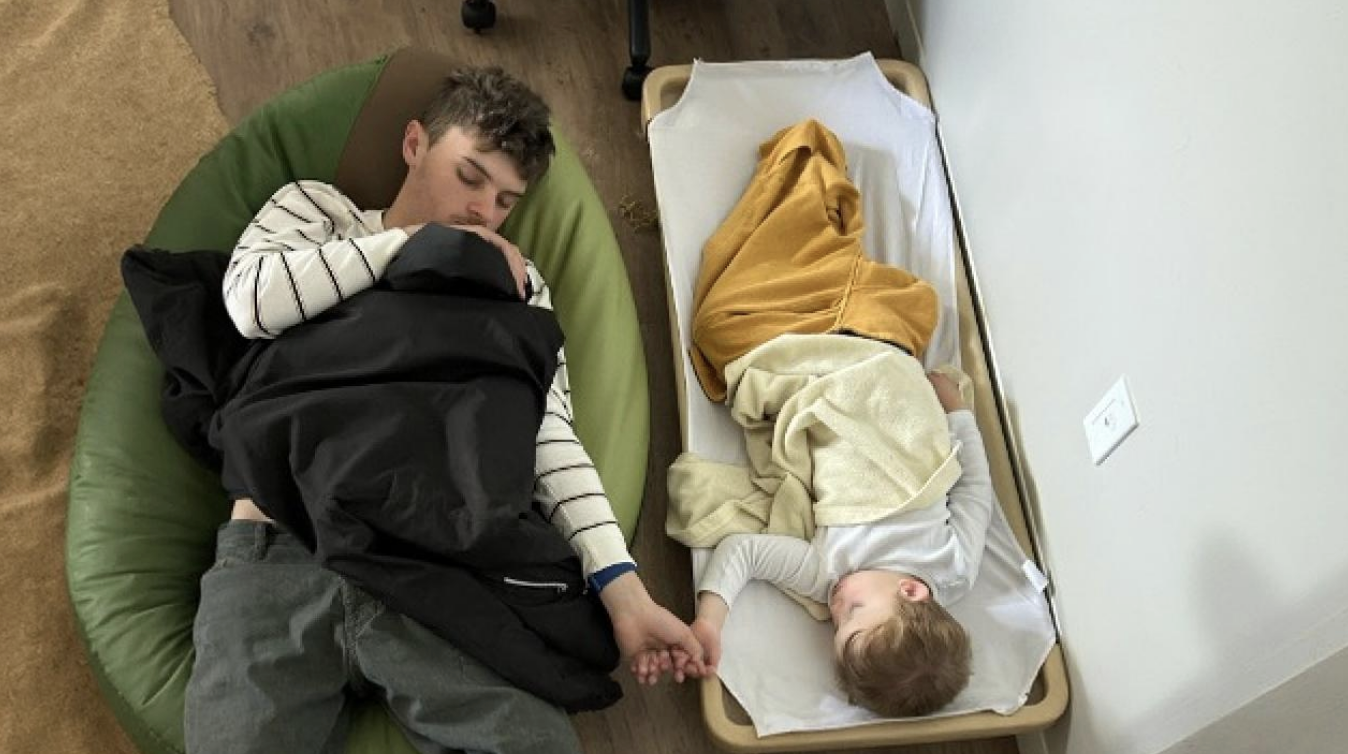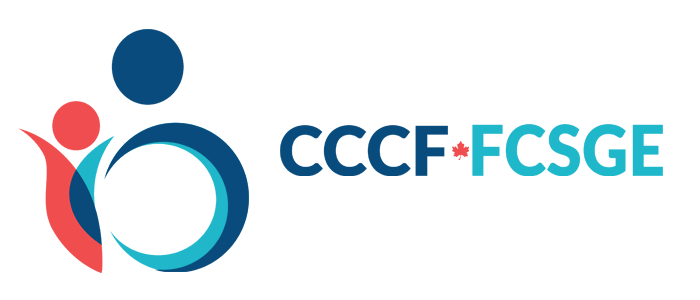I show respect when :
- I listen to what a child has to say.
- I take time for a child when I am very busy.
- I play with the children.
- I recognize the children’s accomplishments.
- I allow the children to settle disputes between themselves.
- I listen to a special song with the children.
- I show interest in a child’s project.
- I make eye contact with each child.
- I encourage the children to express different viewpoints.
- I allow the children to make choices.
- I let the children have privacy.
- I consider each child a unique individual.
- I call the children by their names.
- I encourage independence.
- I respond to the children’s questions.
- I do not interrupt a child who is talking.
- I respect a child’s choice of friends and play equipment.
” Respecting the children in our care means I allow children to make mistakes.”
- I allow the children to make mistakes.
- I am flexible.
- I let the children disagree.
- I care for the children’s property.
- I allow transition time.
- I listen to a child’s problem and realize how upsetting the situation can be for him/her.
- I talk to the children as people.
- I give each child a chance to communicate.
- I ask a child for his/her solution to a problem.
- I value the children’s opinions.
- I remember that play is of great importance in each child’s life.

I am disrespectful when :
- I do not take a child’s opinion seriously.
- I avoid dealing with an issue that a child feels needs immediate attention.
- I walk away from a child while he/she is crying.
- I do not stop to listen. I respond with “uh-huh.” I use a “baby-talk” tone of voice with younger children.
- I use angry words when I am under stress.
- I cut a child’s conversation short.
- I finish tasks for the children in order to hasten time.
- I forget to follow through on something that I promised.
- I answer questions for the children. I behave impatiently.
- I respond to a child sarcastically.
- I shout.
- I force a child into a situation in which he/she is uncomfortable.
- I set my expectations too high.
- I rush the children. I call the children names (e.g. stupid).
- I become frustrated because the children’s needs interfere with my daily schedule.
- I focus on children’s bad behaviours.
- I belittle the children’s feelings.
- I sneak up on a child who is doing something wrong.
- I ignore the children.
- I stop a child who is really interested in completing a project.
- I don’t allow a child to explain why or how a friend got hurt, or how an accident occurred.












